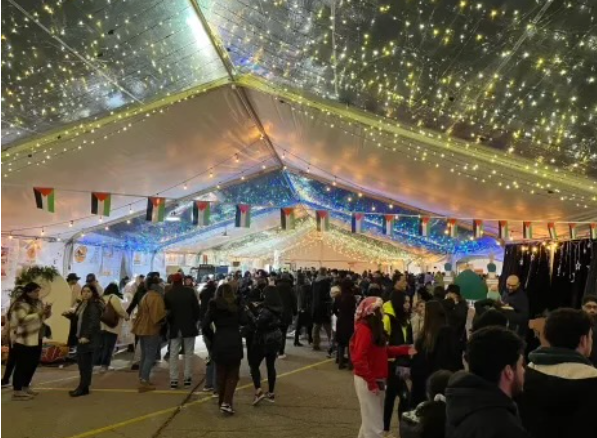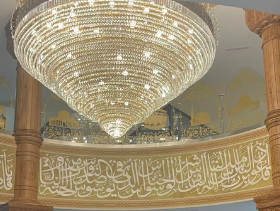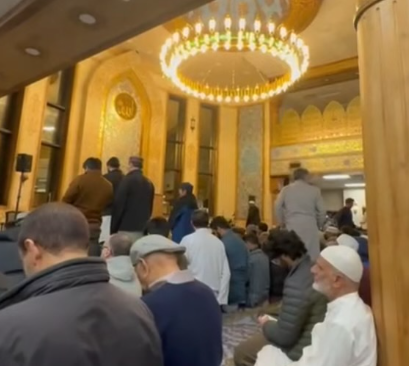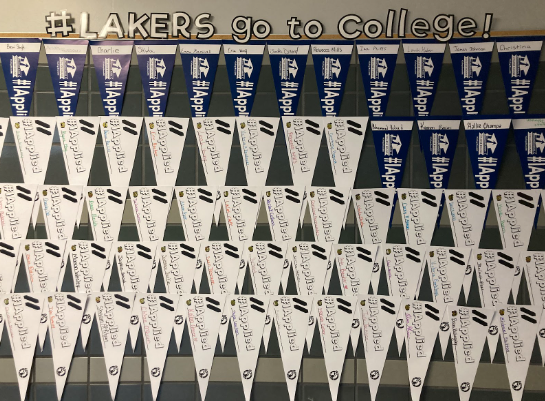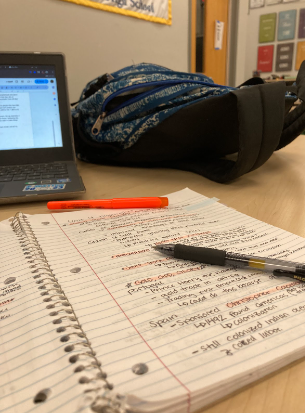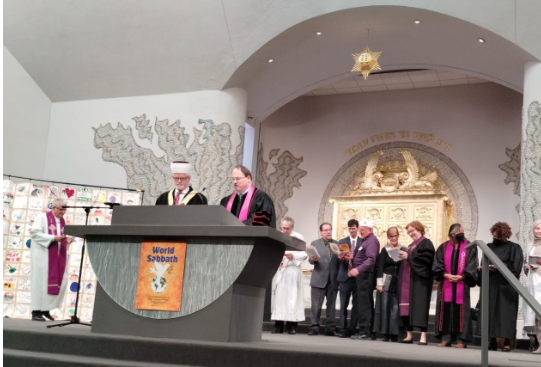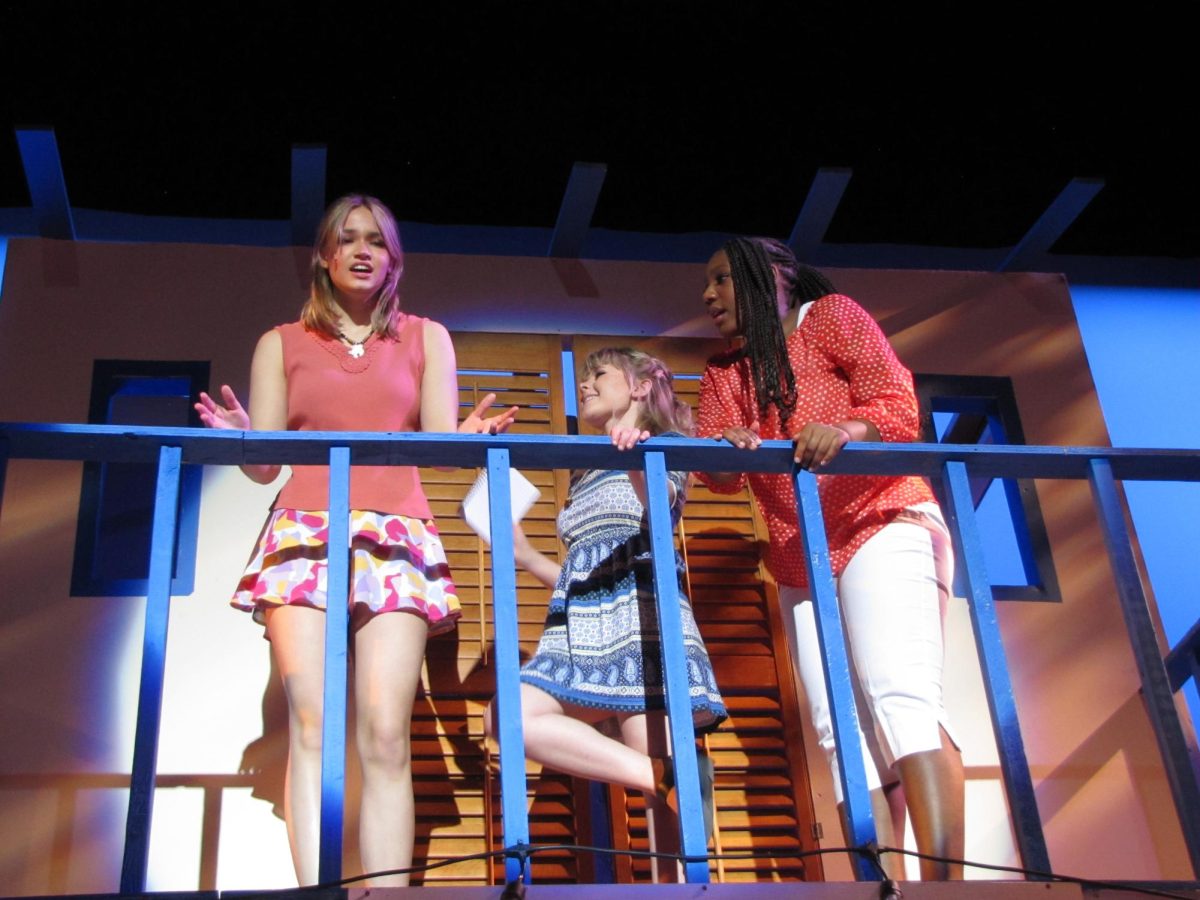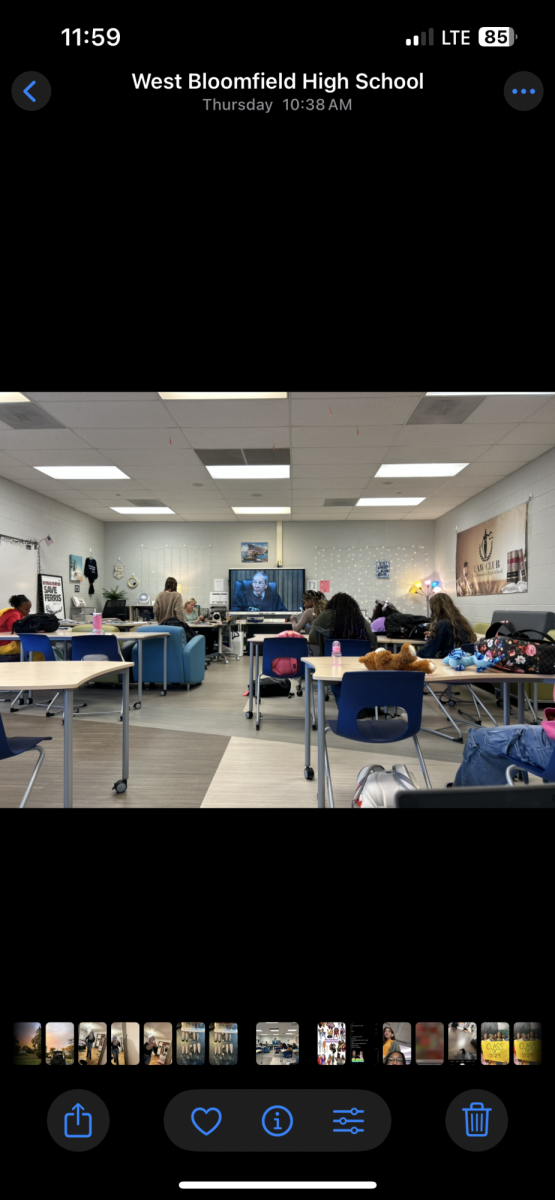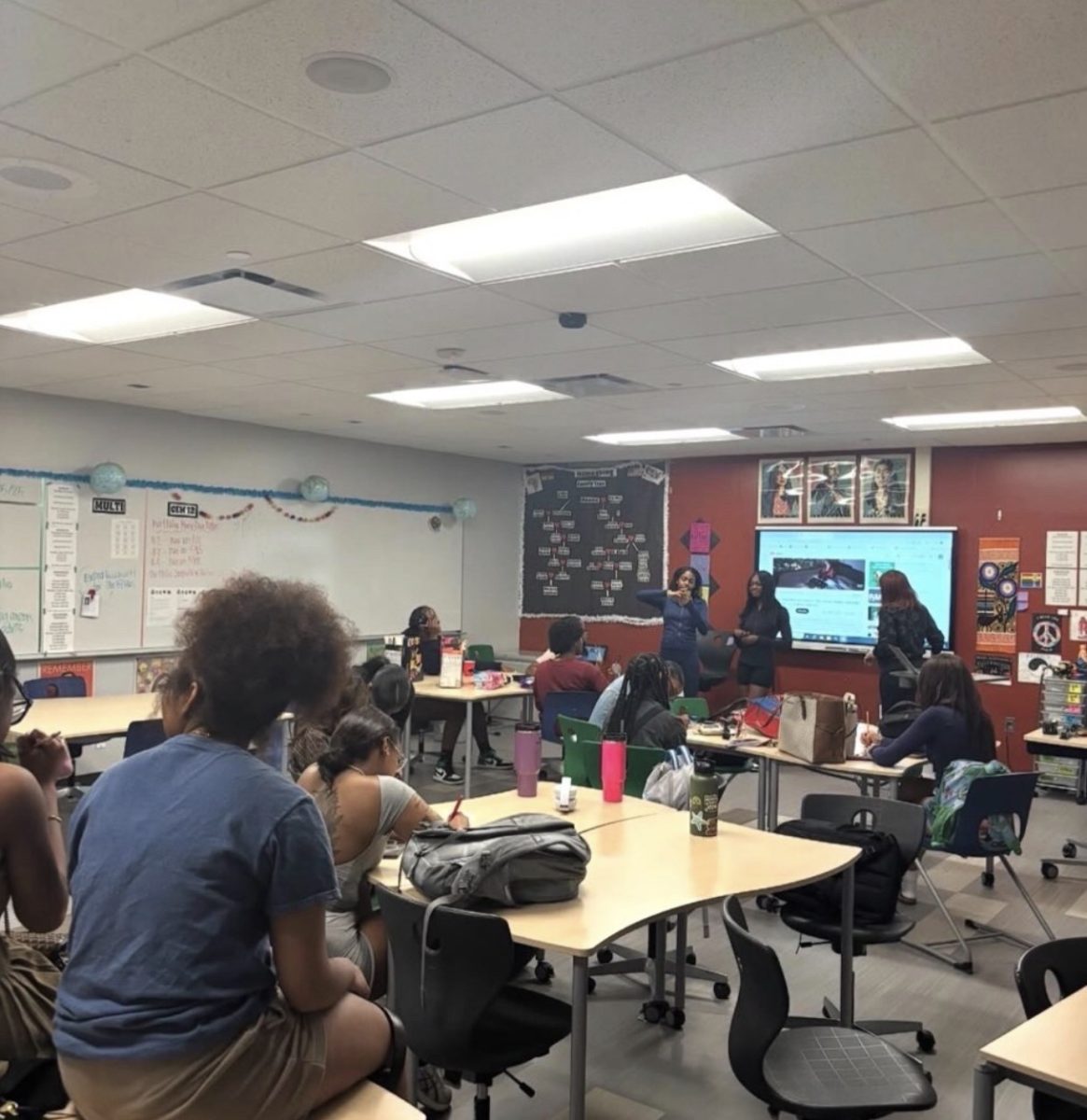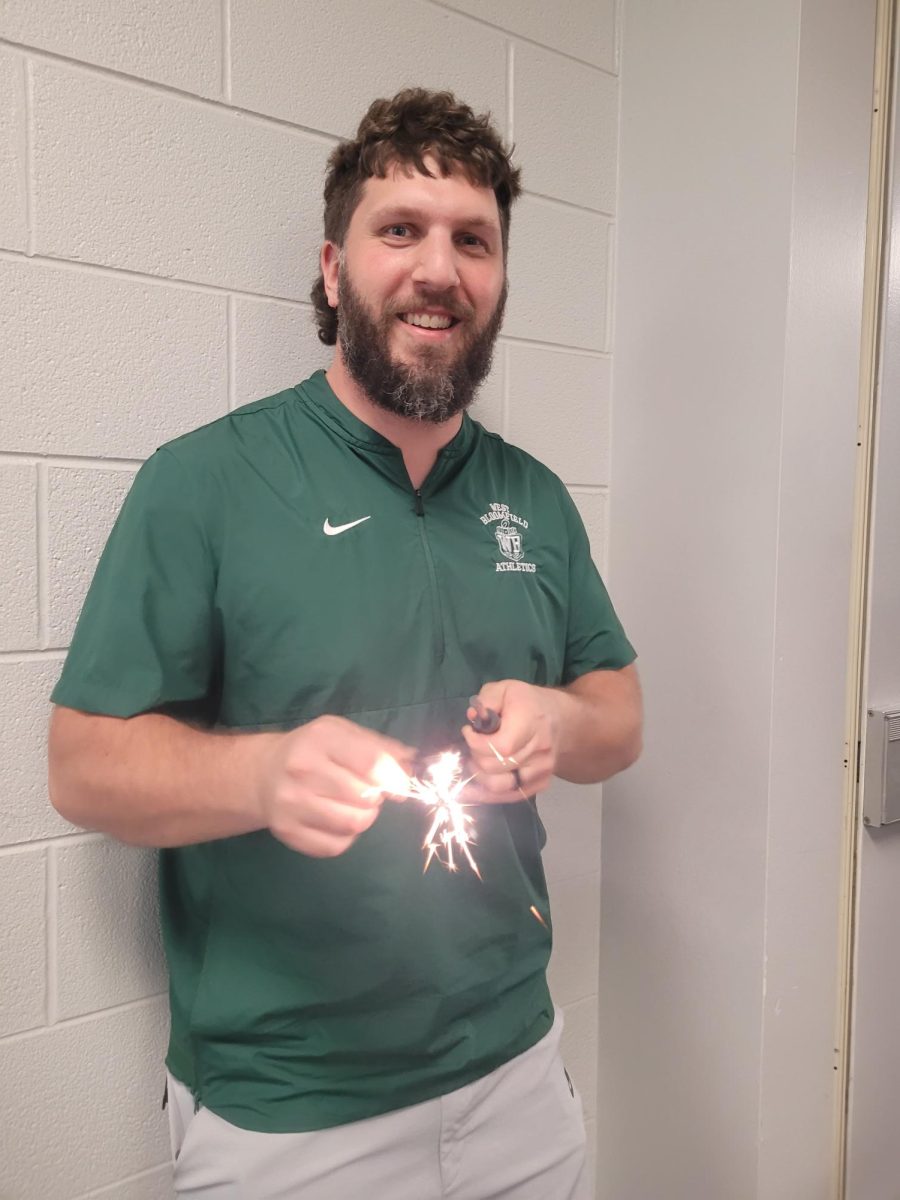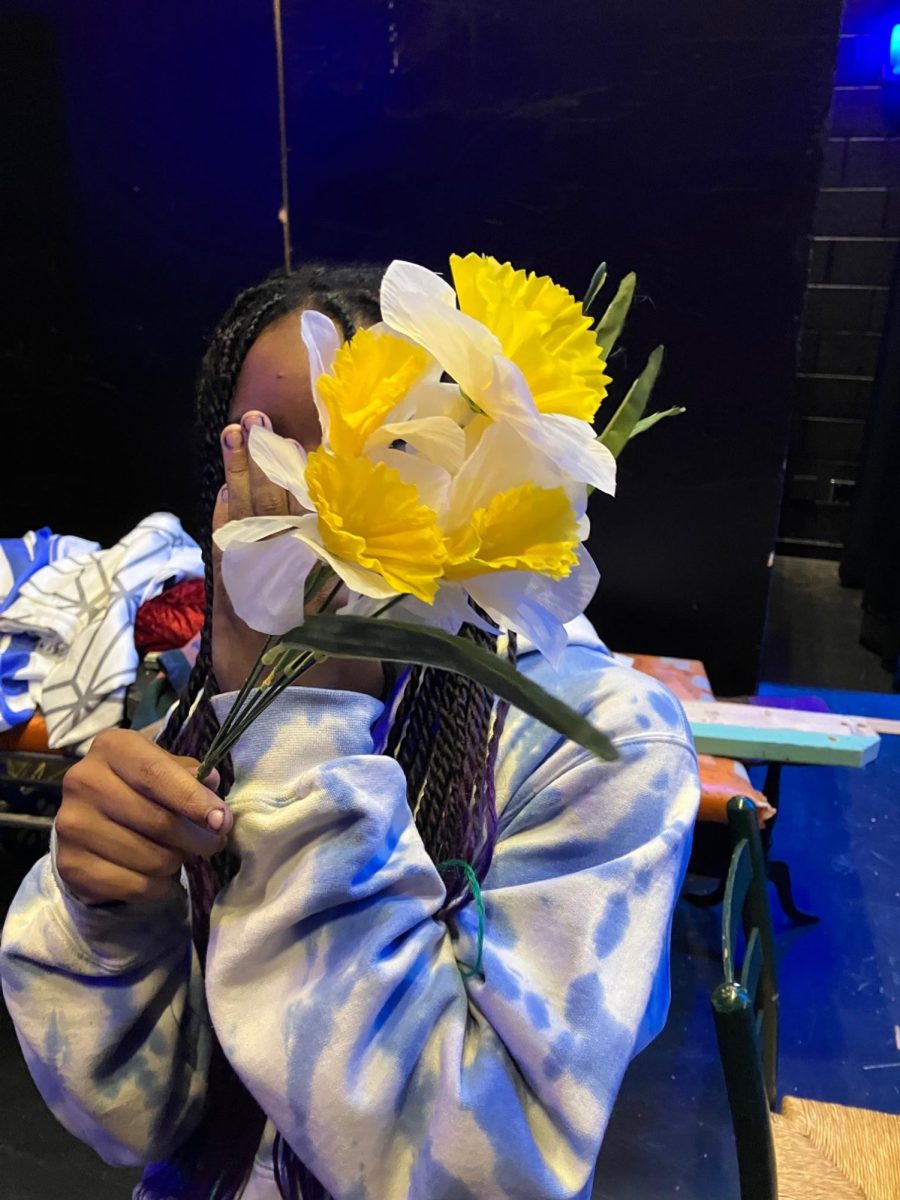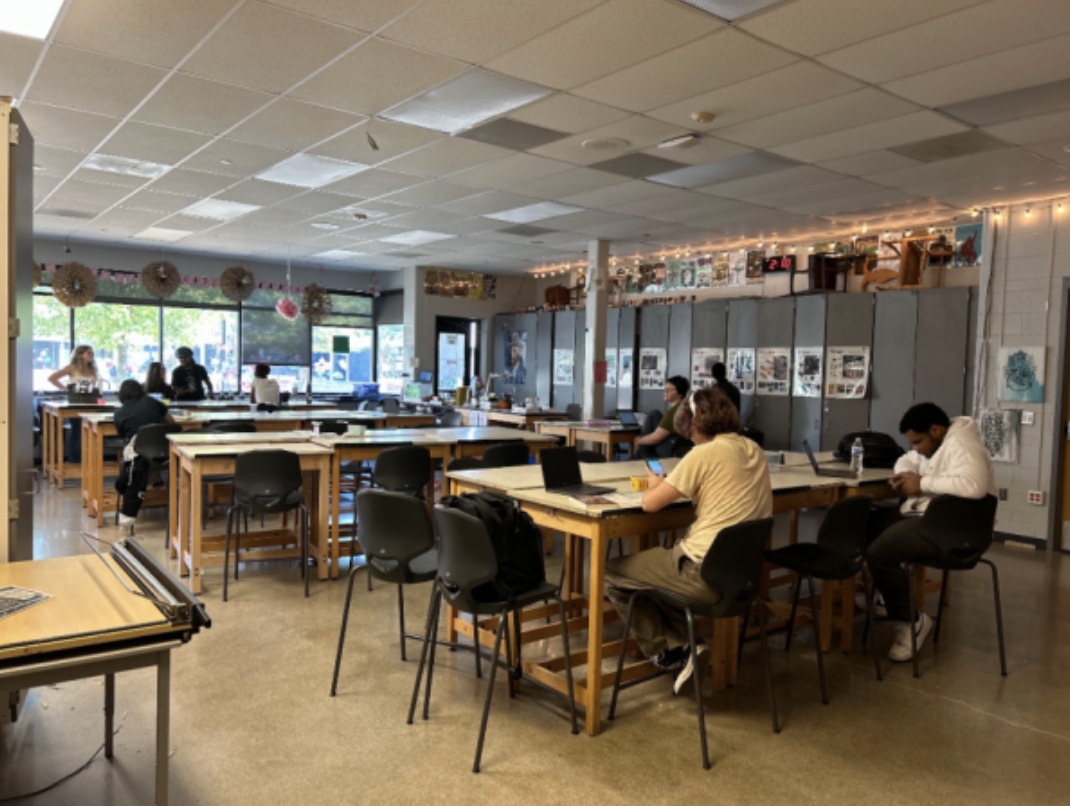Ramadan is a religious reset that many of the Arabs at West Bloomfield participate in, but what is it? Ramadan can be defined as a significant month in the Islamic calendar(Lunar), observed by Muslims worldwide. It is a time of spiritual reflection, self-improvement, and heightened devotion. During this holy month, Muslims fast from dawn until sunset, refraining from food, and drink, along with impure thoughts and actions. This fasting is a fundamental practice that helps Muslims develop self-discipline, empathy for the less fortunate, and a deeper connection to their faith.
The act of fasting during Ramadan is not just about abstaining from physical needs but also about purifying the soul and focusing on spiritual growth. It is a time for increased prayer, reading the Quran, and engaging in acts of charity and kindness. Muslims believe that during Ramadan, the gates of heaven are open, and the gates of hell are closed, making it an auspicious time for seeking forgiveness and blessings.
The pre-dawn meal, known as Suhoor, is consumed before the fast begins, and the fast is broken each evening with a meal called Iftar. Iftar is a special time for families and communities to come together, share a meal, and express gratitude for the blessings they have. Many mosques and community centers also host Iftar meals for those in need, embodying the spirit of generosity and compassion that is central to Ramadan.
In addition to fasting and prayer, Ramadan is a time for self-reflection and personal growth. Muslims are encouraged to engage in acts of kindness, patience, and forgiveness, for their religion surrounds the idea that “Allah is the most merciful, the most kind” (Quran). Striving to improve themselves and their relationships with others. It is a time to let go of negative habits and cultivate positive qualities that align with the teachings of Islam.
Student Lara Mahmoud an Islamic follower says, “Some would say it’s a very brutal time of the month but for me it has made me closer to God every single year, by having to not only fast from food but also stay on my Deen.” The word Deen is a word they use to describe their faith used in the phrase, “Deen of Dunya.”
Ramadan is not only a time of individual spiritual practice but also a month of community and solidarity. Muslims often come together for Taraweeh prayers at the mosque, where long portions of the Quran are recited each night. This communal worship fosters a sense of unity and shared purpose among believers, creating a supportive environment for spiritual growth and reflection.
As the month of Ramadan progresses, the anticipation of Eid al-Fitr, the festival of breaking the fast, builds. Eid al-Fitr is a joyous celebration that marks the end of Ramadan. Muslims gather for special prayers, exchange gifts, and enjoy festive meals with family and friends. It is a time of thanksgiving, joy, and communal celebration after a month of fasting and spiritual devotion. They welcome and encourage all people to learn about their culture and practices.


